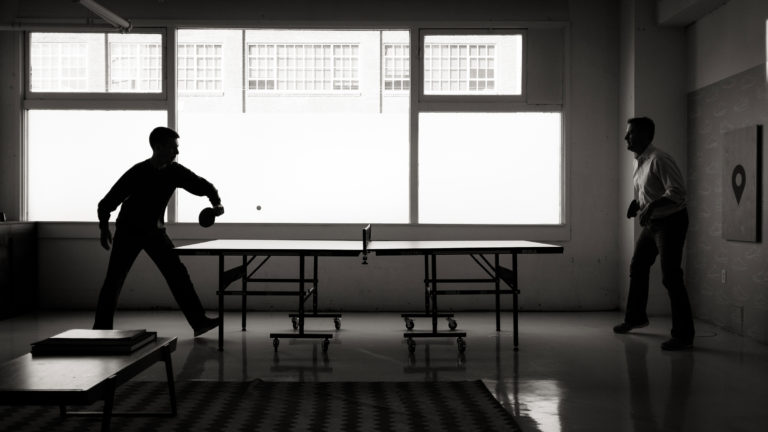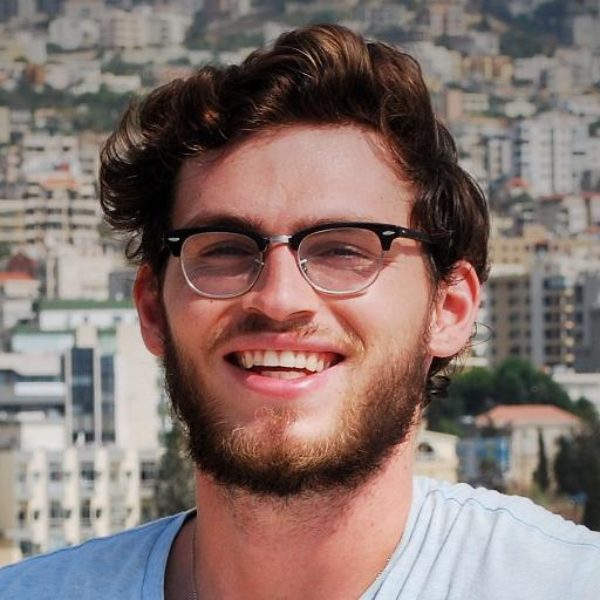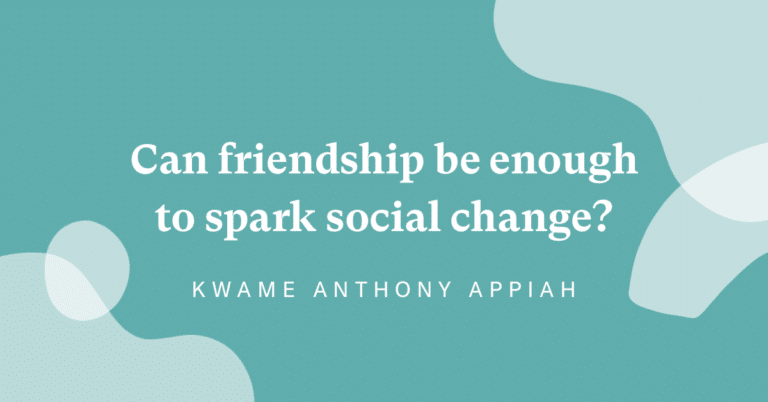
Image by Benedicto de Jesus.
The Certainty of Friendship Across War and Time
Another wave of violence erupted in Palestine and Israel in September 2015. Israel Defense Force (IDF) soldiers loosened their rules of engagement and a minority of Palestinians attacked both Israeli citizens and soldiers indiscriminately. Only a few days before this violence broke out, my childhood best friend David decided to move to Israel and enlist in the IDF. His plane landed at Ben-Gurion Airport just as the violence was peaking.
Neither of us remembers the specifics of meeting as children, but throughout our childhood, David and I were a package deal. We took turns sleeping over at each other’s houses, which we could see from our bedroom windows. Friday at his house, Saturday at mine. I even had priority over my own specific part of the couch where we slept for each sleepover at his house. Spending so much time at his house, I was widely exposed to all different parts of his family’s life. David’s family is Jewish, so I absorbed many aspects of Jewish culture.
I come from a non-religious family of Irish and Lebanese-Catholic origins and fully embraced the idea of having another thing in common with David. I was so taken by the opportunity to have a religious identity that I used to tell fellow first-grade students that I was one-quarter Jewish. I learned the first few Hebrew letters, drank grape juice, and spent many holidays eating matzoh ball soup with David’s family. I even asked my mom if I could go to Hebrew school because I felt that I was missing out on another shared activity with my best friend. I never did get a chance to go, but I can still recite the beginnings of Jewish prayers and melodies of Hebrew songs. I admired David’s culture and enjoyed hearing stories about times his family spent in Israel.
The first time I heard about Israel outside of my conversations with David was in 2006, when my half-Lebanese mother informed me that Israel had invaded southern Lebanon to fight against a group known as Hezbollah. Once I got to college, I began studying Arabic because I wanted to learn the language of my ancestors. People in my class would talk about Palestine and Israel and, although I didn’t admit it at the time, I did not know very much about the conflict. After months of Wikipedia binges, I managed to update myself on the situation. Eventually, I studied abroad in Morocco. After graduating, I moved to Tunisia, and I have lived here, speaking and working in Arabic, for over a year and a half. I am totally obsessed with the politics and culture of Arab countries and find myself giddy just at the thought of spending the rest of my life researching and writing about the politics of the Middle East and North Africa.
David’s grandmother died a few months ago. We hadn’t talked in a long time. Midway through high school, I became passionate about theater and other extracurriculars, our friend groups diverged, and we slowly lost the magic that we used to have between us. Since I knew David’s grandmother quite well from vacations spent in Buffalo, I sent David a condolence message on Facebook. He thanked me and we started chatting.
David surprised me by telling me that he was in the process of enlisting in the IDF. At first, I was not particularly enthused, since I don’t hold very positive views of Israel’s military. But I soon warmed up to the idea of David having such a strong purpose in life. David told me that he hopes to join the border patrol and is only waiting to start boot camp. He bought a one-way plane ticket for Israel, hoping to serve his motherland. He told me that, as a Jew, he always looked up to the IDF, and that he doesn’t want to go to war, but knows he will have to.

Yet, for someone knowing that he will fight against Palestinians, he expressed quite sympathetic views. He said if he saw any of his fellow soldiers abusing innocent Palestinians, he would get in their faces and tell them off. His mindset contrasted with what many perceive to be the collective mindset of Israelis, especially those serving in the military. At the same time, he also admitted,
“I hate the hatred, but if it comes down to choosing sides, it won’t be a hard decision for me.”
David arrived in Israel as violence between Palestinians and Israelis was nearing an apex. He told me he was “terrified to set foot in Jerusalem” and that he found what was happening horrifying.
That was in September. Today, David is serving in the elite Handasa Kravit, or combat engineering unit. He tells me that his group is always the first one into battle, and that he will be specializing in explosives and working to neutralize “terror tunnels”. Our nights together shooting enemies in Halo have now become reality for him, except human-versus-alien no longer applies, and the categories of right and wrong are much more ambiguous.
I hope David stays safe in Israel. It comforts me knowing that he’s in a similar time zone to Tunisia’s. David and I are able to talk about the Jets and Mets, with the added bonus that now I can check in on him to make sure he is still safe and doing all right. It also comforts me knowing that people like David are serving in the IDF. If people will inevitably continue to join the Israeli military, then the enlistees ought to be as open-minded and kind-hearted as David.
David and I don’t see eye-to-eye on all things Israel-and-Palestine, but I like to think that we respect each other’s opinions. David’s Jewish upbringing rubbed off on me so that I am sympathetic to the Jewish identity and plight. My Lebanese heritage influenced David so that he respects Arabs the same as anyone else.
When we were younger, we never envisioned that we would be where we each are now. Life is circling back around and linking our paths in a way that was unpredictable. Hopefully one day we will have the chance to explore Israel, Palestine, and other Middle Eastern countries together. Then our life journeys will have all made sense.



Share your reflection